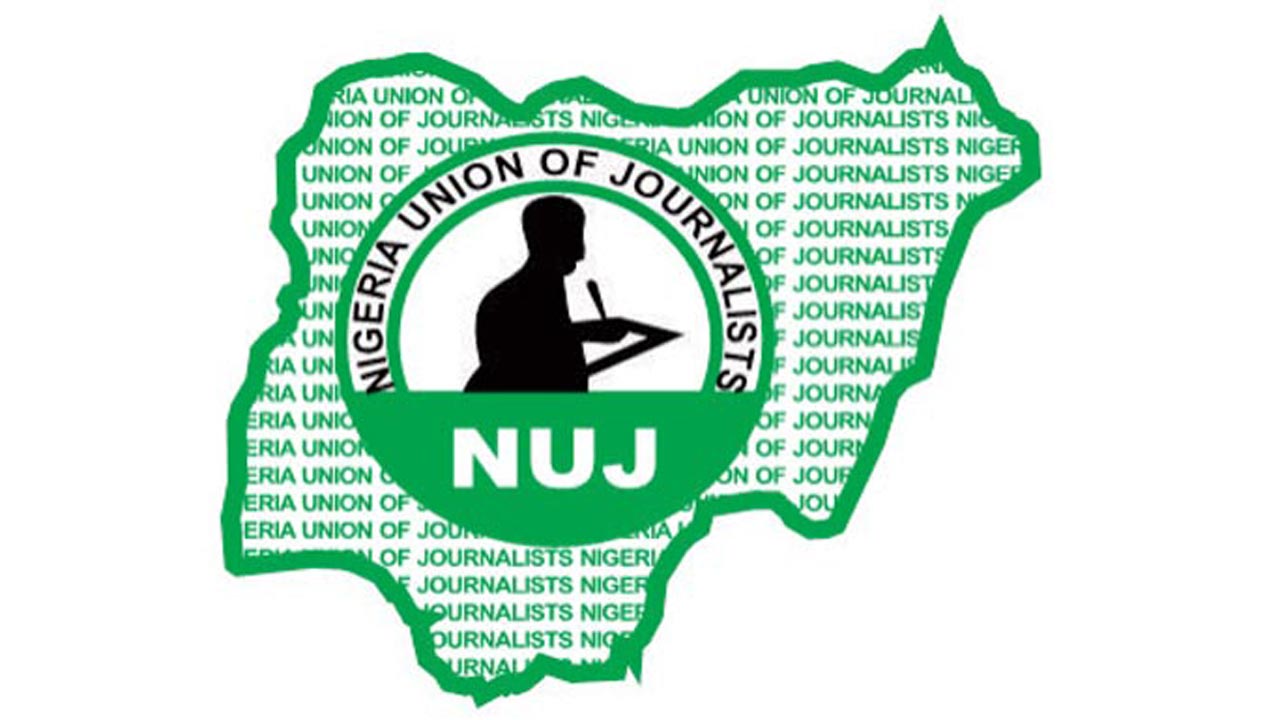Paschal Emeka, Abuja
A call has gone to the federal government and stakeholders in the Oil and Gas Sector in the country to immediately consider the removal of fuel subsidies to end endemic the corruption associated with it, in the interest of common Nigerians.
This was the stand of panelists who featured at a Policy Dialogue on Fuel Subsidy Regime organized by the Nigerian Union of Journalists, NUJ, FCT, and Abuja Council.
In his welcome address at the event, the Chairman of NUJ, Comrade Emmanuel Ogbeche observed that subsidy removal has been a very controversial issue in the country, hence the need for the need to organize the dialogue as part of the agenda-setting role of the press.
Comrade Ogbeche, therefore, challenged experts and keynote speakers who graced the event to dissect issues of fuel subsidy as this may influence the government’s decision concerning the policy in the country.
Presenting a keynote address during the dialogue Eze Onyekpere, the Lead Director, of the Centre for Social Justice (CSJ), decried what he described as “avoidable and unnecessary incessant scarcity of fuel in the country.
He further observed that since the last directive from DDS, scarcity and long queues have disappeared within the Federal Capital Territory, FCT.
Mr. Onyekpere also alleged that the current crop of legislators is not as transparent as the previous National Assemblies, hence the reason they were not able to summon the will to probe the monumental corruption going on in the fuel subsidy regime.
He called for a transparent and open inquiry that would enable Nigerians to get answers to many questions they raised concerning subsidies and payments and the liters of fuel the country consumes daily.
To Federal Government, the keynote speaker advised that they should ensure that the proposed privatization of Refineries in the country is carried out transparently and not those, who will engage in asset stripping.
He also spoke against Oil theft and pipeline vandalism, noting that those involved in such hi-tech criminalities are not ordinary Nigerians.
Reacting to questions, other speakers blamed corruption in the system as being responsible for the continued sustenance of the subsidy regime in the system. They were however unanimous in their call for the removal of fuel subsidies.

